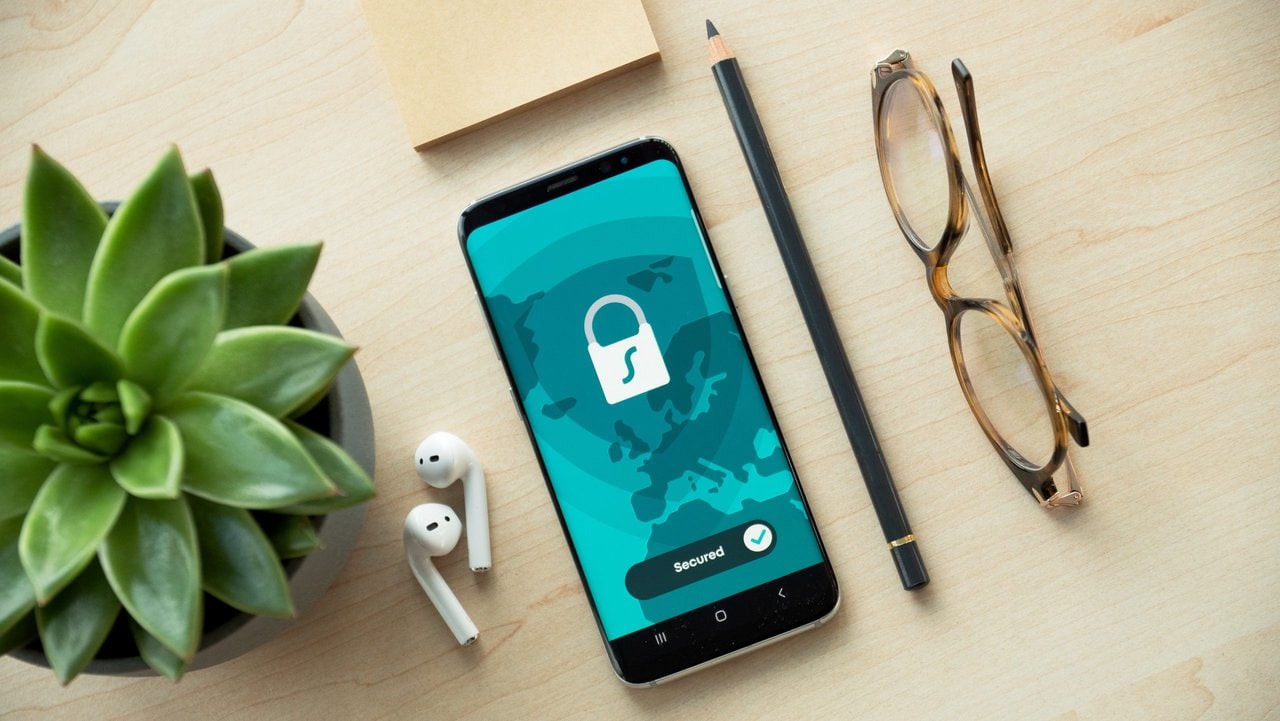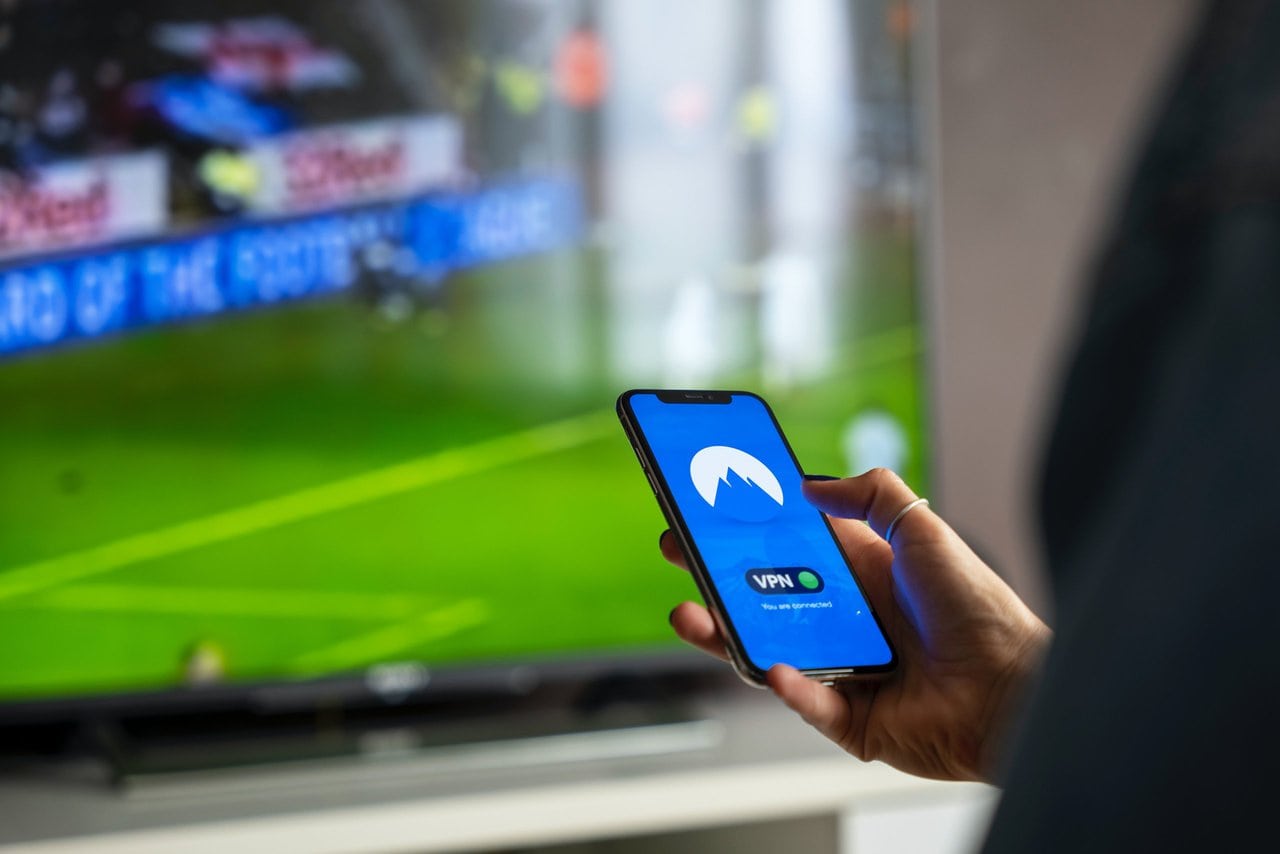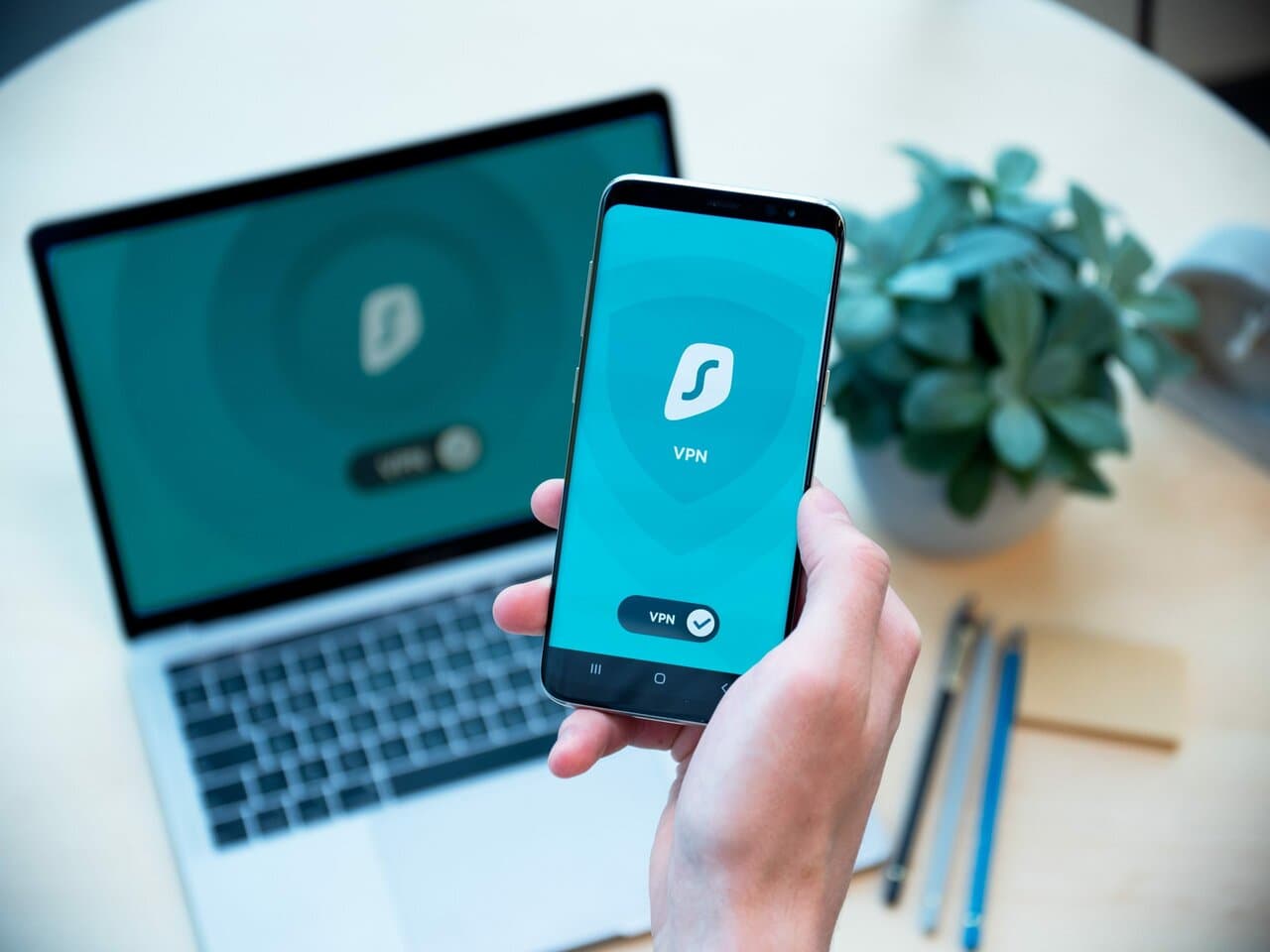Today, Virtual Private Networks (VPNs) are becoming increasingly popular thanks to their ability to provide users with a secure, private connection to the internet. Connecting to a VPN on Android is easy and simple, as long as you have all of the necessary details. In this article, we will explain how to connect to a virtual private network on your Android device in just a few steps.
What is a VPN?
A VPN, or virtual private network, is a type of connection that helps you browse the internet more securely and anonymously by encrypting your internet traffic. It creates an encrypted tunnel between your device and the VPN server which protects your data from hackers, cybercriminals, and other third parties who might want to spy on you online. Using a VPN also allows you to bypass internet censorship and geo-restrictions so that you can access content that may be blocked in your region.
Connecting to a VPN on Android is easy. First, make sure you have downloaded and installed a reliable VPN app from the Google Play Store. Once installed, open the app and follow the prompts to sign up for an account if necessary. Next, select a server location from the available options provided by the app. Finally, tap on “connect” to establish a secure connection with the selected server.
In conclusion, using a VPN offers numerous benefits for those who want privacy while browsing online. It not only secures your data but also allows access to restricted content without any issues as it hides your IP address. For Android users looking for extra protection while browsing online – downloading and setting up a reliable VPN app like ExpressVPN or NordVPN can be worth considering!

Setting up a VPN on Android
Setting up a VPN on Android is a straightforward process that can be completed in a few steps. First, download and install the VPN app from Google Play Store. Once downloaded, open the app and sign in with your credentials or create an account if you haven’t already. Then, select the location you want to connect to and click on “Connect.”
When connected to a VPN, your internet traffic is encrypted so that no one can see what you’re doing online. This means that your activities will remain private and secure even if you’re using public Wi-Fi networks. Additionally, some VPNs offer features such as ad-blocking and malware protection.
It’s worth noting that not all VPN services are created equal, so it’s important to do research before selecting one. Look for providers with strong encryption standards and privacy policies that don’t log user data. With these factors in mind, setting up a VPN on Android can greatly enhance your online security and privacy while browsing the web or using apps.
Security Benefits of a VPN
Using a VPN offers numerous security benefits to users, particularly when accessing the internet through public Wi-Fi networks. When you connect your Android device to a VPN, all of your online traffic is encrypted and routed through the VPN server. This means that any potential attackers or hackers lurking on the network won’t be able to intercept or read your data.
Moreover, some VPN providers offer additional security features such as ad-blocking, malware protection, and DNS leak prevention. By using these features in conjunction with a VPN connection on your Android device, you can significantly reduce the risk of cyber threats and keep your personal information safe.
Finally, using a VPN also allows you to bypass geo-restrictions and access content that may not be available in your current location. However, it’s important to choose a reputable provider that values user privacy and doesn’t log or sell user data.

Best Free VPNs for Android
- When it comes to finding a free and reliable VPN for Android, there are several options available in the market. Some of the best free VPNs for Android include ProtonVPN, Windscribe, and TunnelBear. These VPNs offer strong encryption protocols to keep your data secure while browsing the internet on your Android device.
- ProtonVPN is an excellent choice for users looking for a free VPN that offers unlimited bandwidth and data usage. The service provides robust security features such as AES-256 encryption, Perfect Forward Secrecy, and DNS leak protection.
- Windscribe is another popular option that provides 10GB of monthly data usage on its free plan. It also offers servers in over ten countries worldwide, making it easy to access geo-restricted content from anywhere.
- Lastly, TunnelBear is a user-friendly VPN app that provides 500MB of free data usage per month. While this may not be enough for heavy internet users, it’s an excellent option for occasional use or when you need to connect to public Wi-Fi networks securely.
Overall, these are some of the best free VPNs available for Android devices that offer reliable performance and robust security features without breaking the bank!

Cost of Paid VPNs
When it comes to connecting to a virtual private network (VPN) on Android, there are numerous options available that vary in cost. The cost of paid VPNs typically ranges from $5-$15 per month and can often be discounted when purchasing an annual subscription. While free VPNs may seem like a more appealing option due to their lack of cost, they often come with limitations such as data usage caps and slower speeds.
Paid VPNs offer a higher level of security by encrypting your internet traffic and protecting your personal information from potential hackers. They also provide access to servers in multiple countries, allowing for greater flexibility when browsing the web from different locations. Additionally, many paid VPN services offer customer support and have user-friendly interfaces that make it easy for users to connect.
When considering the cost of a paid VPN service, it is important to weigh the benefits against the price. While a free VPN may be enticing due to its lack of cost, the limitations and potential security risks may not be worth it in the long run. A paid VPN service provides added security features and more server options that can ultimately enhance your online experience while protecting your personal information.

How to Use VPNs on Android
Firstly, connecting to a VPN on Android is relatively easy. You can either download a VPN app directly from the Google Play Store or set up a manual VPN connection using the built-in network settings. Once you have downloaded and installed the app of your choice, simply open it and follow the instructions provided.
Secondly, when using a VPN on Android, it’s essential to choose the right protocol for your needs. There are several different protocols available, each with its own advantages and disadvantages. For example, OpenVPN tends to offer better security and performance than other protocols but may require more configuration.
Lastly, be sure to regularly check your VPN connection to ensure that it’s working correctly. This can be done by checking your IP address while connected to the VPN and confirming that it matches the server location you’ve selected. It’s also important to note that some apps may not work correctly when connected to a VPN due to their own security measures or restrictions imposed by content providers.
Conclusion
In conclusion, using a virtual private network (VPN) on your Android device is crucial if you want to secure your online activity and protect your data from prying eyes. With the steps outlined above, you can easily connect to a VPN and enjoy all the benefits it offers.
However, it is important to note that not all VPNs are created equal. It’s essential to choose a reputable provider that offers strong encryption protocols and doesn’t keep logs of your activity. Additionally, some free VPNs may sell user data or inject ads into your browsing experience, so be cautious when selecting one.
Overall, using a VPN on Android is an easy way to increase your online security and privacy. By taking the time to set up a reliable connection and choosing a trustworthy provider, you can enjoy peace of mind knowing that your internet activities are protected from potential threats.
